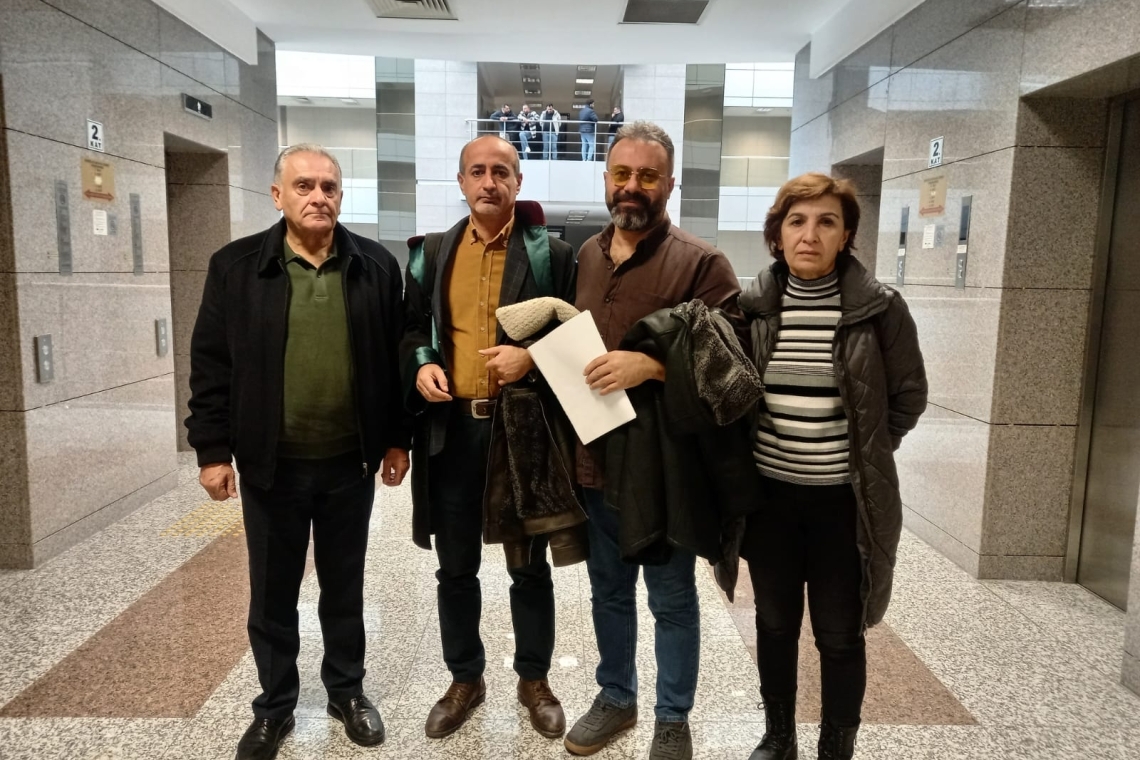Musician Cihan Çelik is on trial in Istanbul for alleged “terrorist propaganda” over a performance 11 years ago in Belgium, where he sang Koçgiri Başladı Harba, a traditional song written about the Koçgiri Massacre of 1921. The first hearing of the case took place at Istanbul’s 22nd High Criminal Court, with the prosecution arguing for his conviction.
Background of the case
The charges stem from Çelik’s participation in an event organized abroad more than a decade ago. Prosecutors allege that the song, as well as images and banners displayed onstage during his performance, promoted violence and glorified unlawful methods, rendering it outside the scope of freedom of expression.
Artist denies accusations
Appearing in court alongside his lawyer, Servet Serençelik, Çelik began his defense by emphasizing his 25-year career as a folk musician. “A case has been opened against me for a program I participated in 10 or 12 years ago abroad,” he said. Çelik explained that event arrangements, including banners and visuals, were handled by the organizers and were unrelated to him. "The stage was dark when I performed, and I had no control over what was displayed behind me. The song I performed is 100 years old and belongs to the Sivas region. I request acquittal," he added.
Prosecution’s argument
In presenting its opinion, the prosecutor claimed that the visuals and lyrics of the song conveyed messages legitimizing and encouraging violence, making them tantamount to “terrorist propaganda.” The prosecutor argued that the performance was not protected by freedom of expression and demanded that Çelik be sentenced accordingly.
Court grants time for defense
Both Çelik and his lawyer requested additional time to respond to the prosecutor’s opinion. Accepting the request, the court adjourned the trial to Feb. 18, 2025.
The case highlights ongoing tensions in Turkey surrounding artistic expression and its intersection with political issues, particularly regarding the Kurdish and Alevi communities affected by the 1921 Koçgiri Massacre. Critics have raised concerns about the criminalization of historical and cultural narratives through charges of propaganda.



